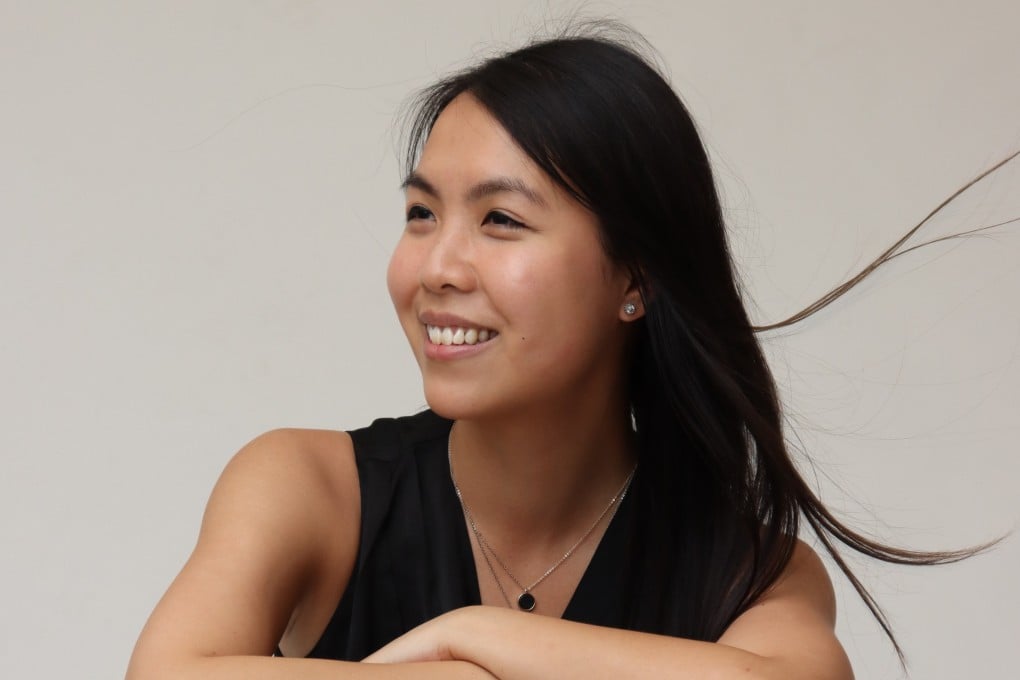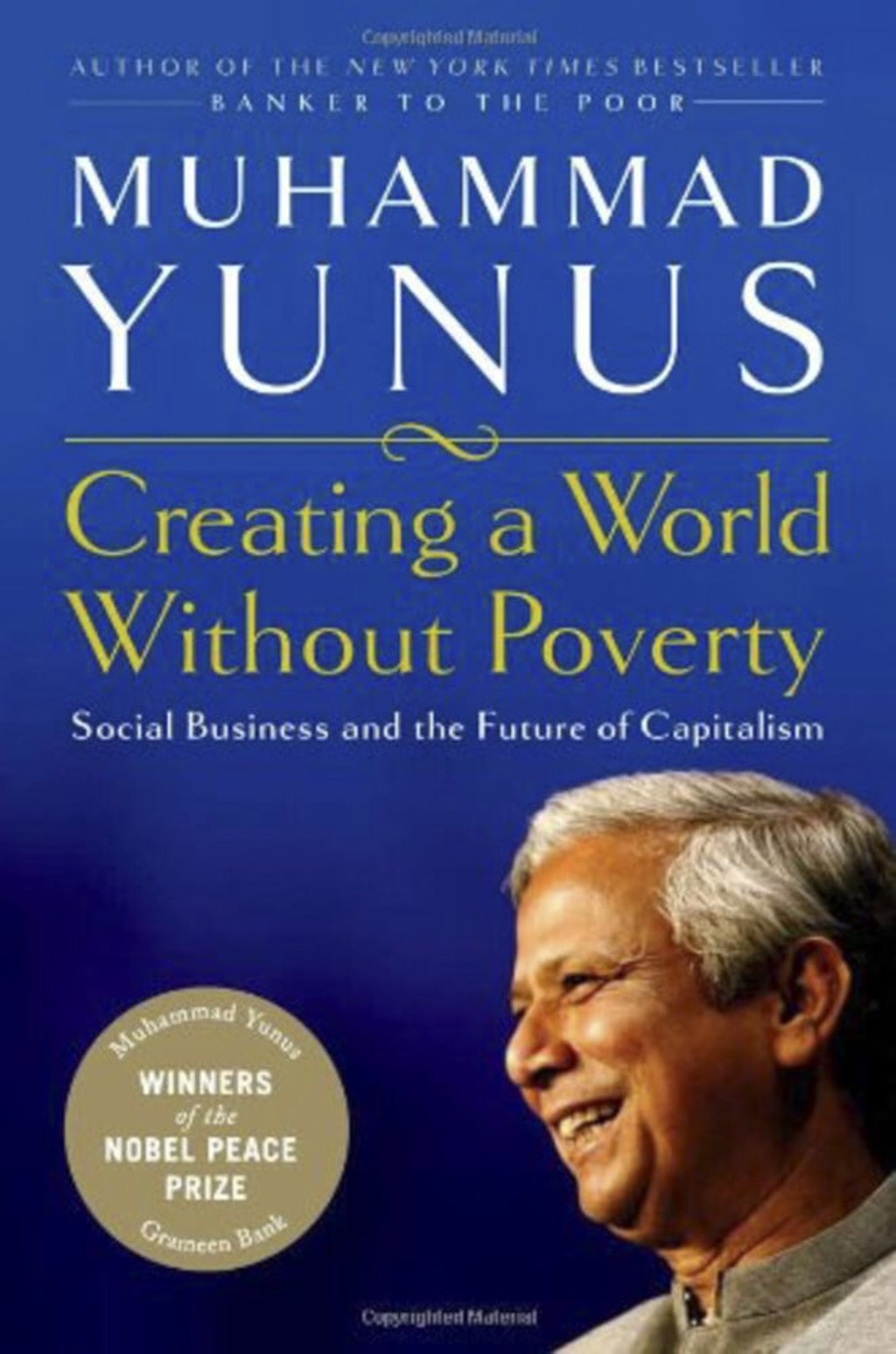How Nobel Peace Prize winner’s book on social business and the future of capitalism changed my life
- Cintia Nunes of social incubator Dream Impact had her eyes opened to a new form of capitalism with Muhammad Yunus’ 1999 book ‘Creating a World Without Poverty’
- After meeting the author and social innovators at Bangladesh’s 2014 Social Business Day she was determined to become someone who made the world a better place

Creating a World Without Poverty: Social Business and the Future of Capitalism (1999), by Bangladeshi economist, social entrepreneur and Nobel Peace Prize winner Muhammad Yunus, best known as the pioneer of microcredit, is a manifesto for new social business models that take human development into account. Cintia Nunes, the Macau-born, Hong Kong-based chief of strategy and growth at Dream Impact, a platform and community that connects social entrepreneurs with sources of funding, tells Richard Lord how it changed her life.
I was in London, studying economics at University College London, in 2010. I have a habit of going into bookstores and picking up any book I like the cover of. I was between lectures in Gower Street (in central London) and I walked into Waterstones.
The phrase “the Future of Capitalism” caught my eye. I was doing economics, talking about how to maximise utility and profit. It made sense but not totally. I thought, what is this based on? Are these my values?
Then I came across this book, and I thought, oh yes. If we talk about the definition of value, it’s not just financial gains. Professor Muhammad Yunus points out that it’s also about social gains: what makes us happy and content? Why isn’t that included in the economic models we study?

I was so fascinated with the new business models he describes. Grameen (Yunus’ microcredit bank) started when he was teaching in a university, went out and saw people in the streets, and gave them money to see what they could do with it. What surprised him was people paid the money back.